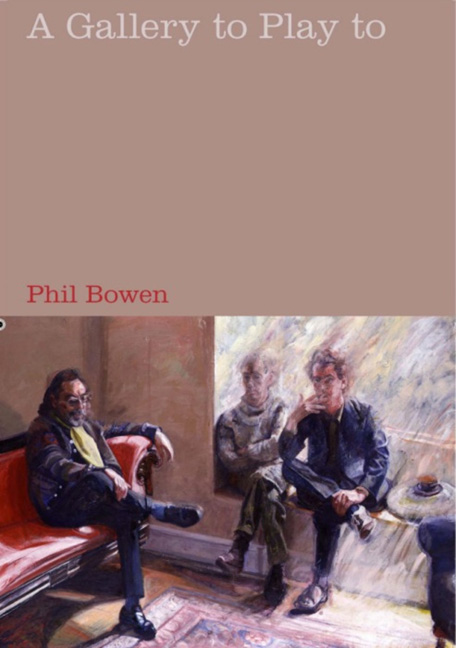Book contents
- Frontmatter
- Dedication
- Contents
- Author's Note
- Acknowledgements
- Introduction
- The Fifties and the Beginning of the Liverpool Scene
- Roger McGough 1937–1958
- Adrian Henri 1932–1956
- Liverpool 1957–1961
- Brian Patten 1946–1961
- 1961–1968
- The End of the Sixties
- The Seventies
- The Eighties
- The Nineties
- The Noughties
- Bibliography
- Index
1961–1968
- Frontmatter
- Dedication
- Contents
- Author's Note
- Acknowledgements
- Introduction
- The Fifties and the Beginning of the Liverpool Scene
- Roger McGough 1937–1958
- Adrian Henri 1932–1956
- Liverpool 1957–1961
- Brian Patten 1946–1961
- 1961–1968
- The End of the Sixties
- The Seventies
- The Eighties
- The Nineties
- The Noughties
- Bibliography
- Index
Summary
‘Read poem! Read poem!’
I found my way down to this basement club, and there was a lot of beatnicky type people in it. I was fascinated by them at fifteen, and there were impromptu poetry readings and things like that.
Brian Patten's own first reading took place on 2 November, four days before meeting McGough, who introduced him to Adrian Henri on 9 November. Michael Horovitz remembers taking a troupe of musicians to Liverpool to do a jazz-poetry event at the Crane Theatre in Hanover Street: ‘At the party afterwards, Adrian Henri, who was the host, said, “Oh this poetry stuff is alright, I think I'm gonna start doing it”.’ Henri himself has no such recollection: ‘I was never much of a fan of poetry-and-jazz – certainly not the Horovitz brand, it just didn't seem to gel’.
Horovitz refers to Patten as being ‘this marvellous boy who sat in the front row trying to hide his school cap [hard to believe], and who later came up and read rather different, passionate romantic poems.’ Horovitz sees a direct link with Patten, Henri and McGough and the emergence of the Beatles around 1963: ‘They were pop poetry, whereas we were more bop poetry. Our analogy was with bop and to some extent we related to the beat poets, plus American and international protest and jazz poetry.’
Horovitz was encouraging to Patten, on his own admission ‘a ragbag of bits of information’ at that time, when the aspiring young poet sent him some poems to look at. Brian Patten still admires Michael Horovitz, grateful for his early help, regarding him as one of the great enablers of contemporary poetry. Despite his youth, Patten had a strongly developed, single-minded sense of vocation, and was confident enough to suggest to the much older Henri to move away from his ‘acutely and deeply embarrassing’ formal poems and write directly in his own voice. This became Henri's personal release as a writer, discovering that
not entirely unconsciously, but somehow or other it just seemed it was important that you didn't do it like the Americans did it, you did it like you would do it; so you didn't pretend you were coming from San Francisco or New Jersey, you actually came from Birkenhead or Bootle. So you did it in your own voice not theirs. And that was the great breakthrough.
- Type
- Chapter
- Information
- A Gallery to Play toThe Story of the Mersey Poets, pp. 43 - 80Publisher: Liverpool University PressPrint publication year: 2008



